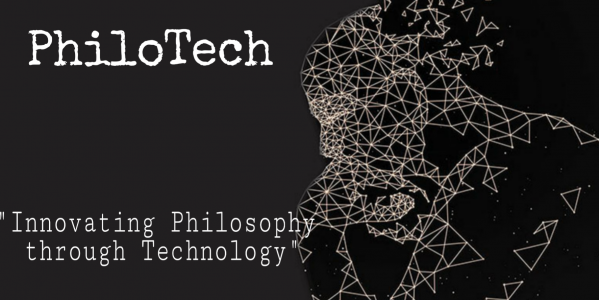Georg Wilhelm Friedrich Hegel, (born August 27, 1770, Stuttgart, Württemberg [Germany]—died November 14, 1831, Berlin), German philosopher who developed a dialectical scheme that emphasized the progress of history and of ideas from thesis to antithesis and thence to a synthesis. Hegel was the last of the great philosophical system builders of modern times. His work, following upon that of Immanuel Kant, Johann Gottlieb…
Immanuel Kant’s Conception of Freedom
Immanuel Kant’s Concept of Freedom Immanuel Kant (c1724- 1804) He is a German Philosopher born in Königsberg, Prussia now called Kalingrad, Russia. His Parents are named Johann Georg Cant (Father) and Anna Regine Cant (mother). His Surname starts with letter “K” because of the pronunciation in his location (Russia). His philosophy includes epistemology, ethics, and…
Anaximenes
Introduction Anaximenes (c. 585 – 525 B.C.) was an early Pre-Socraticphilosopher from the Greek city of Miletus in Ionia(modern-day Turkey). He was a key figure in the Milesian School, a friend and pupil of Anaximander and he continued the Milesians‘ philosophical inquiries into the “archê” or first principle of the universe (which Anaximenes deemed to be air), and sought to give a quasi-scientific explanation of the world. In the physical sciences, Anaximenes was…
Anaximander
Anaximander, the infamous Pre-Socratic Greek Philosopher that who lived in Miletus, city of Ionia. Popular of his title being father of Cosmology, founder of astronomy and known for building the first mechanical model of the world. But that’s not just it, he contributed mostly in Philosophy to where he believed that Apeiron (everything that is…
Thales
Who is Thales? The ancient Greek philosopher Thales was born in Miletus in Greek Ionia. Aristotle, the major source for Thales’s philosophy and science, identified Thales as the first person to investigate the basic principles, the question of the originating substances of matter and, therefore, as the founder of the school of natural philosophy. Thales…
Human Being as an Embodied Spirit
What is a Human Being? A human being is a biosocial and represents the highest level of development of all living organisms on earth,the subject of labour,of the social forms of life,communication,and consciousness. What is an Embodied Spirit? Embodied spirit is the living animating core within each of us,the driving force behind all that we…
Consciousness
Consciousness Explaining the nature of consciousness is one of the most important and perplexing areas of philosophy, but the concept is notoriously ambiguous. The abstract noun “consciousness” is not frequently used by itself in the contemporary literature, but is originally derived from the Latin con (with) and scire (to know). Perhaps the most commonly used contemporary notion of a…
Facts and Opinions
Knowing the difference between facts and opinions A fact is a statement that can be proven true or false. An opinion is an expression of a person’s feelings that cannot be proven. Opinions can be based on facts or emotions and sometimes they are meant to deliberately mislead others. Therefore, it is important to be…
9 Circles of Hell
The Life of Dante Alighieri Dante Alighieri Source: http://english2worldpoetry.blogspot.com/2016/03/dante-alighieri.html: Dante was born in Florence in May 1265. His family was of an old Homage of noble birth but no longer wealthy. His education was undoubtedly typical of all the youth that time and station in life. When he was only 12 years old, his marriage…
Abundance
Philosophy Transceding and Aiming For Life of Abundance -This means overflowing non-stop or beyond limitations PRINCIPLES Abundance is not what we gather but what we scatter. – a manner of distributing – Give what only you have the most 2.Abundance is not what we keep but what we give away. – pertaining to forgiveness…
